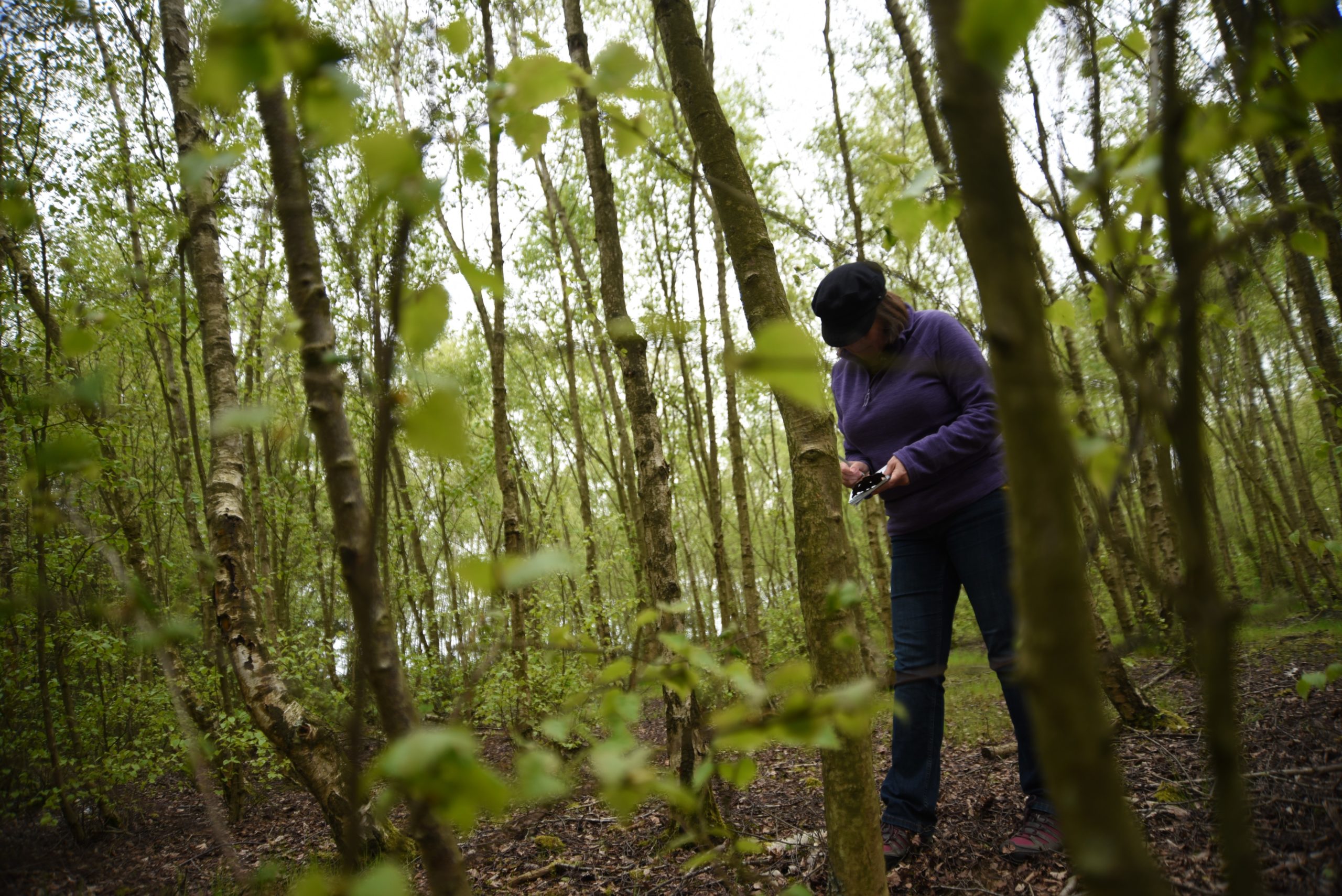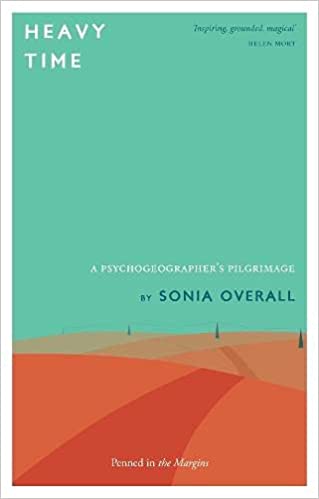Social isolation, already prevalent for many, has been exacerbated during the pandemic. Author Sonia Overall argues that walking alone can increase togetherness, regardless of absences and physical distance.
Pre-pandemic, walking alone often felt, for Sonia, like an impossible luxury. Taking time and space to walk outside and beyond everyday concerns was hermit-like, an eschewing of noise and busyness. Through COVID restrictions, physically walking together has been by turns impossible and impracticable: public walks and group derives are a fond memory. Drawing on her own pre-pandemic pilgrimage and lockdown Distance Drifts, Sonia will set out her case that isolation and place can be a conduit for togetherness.



